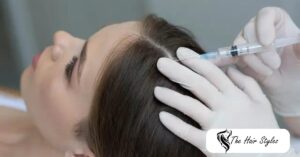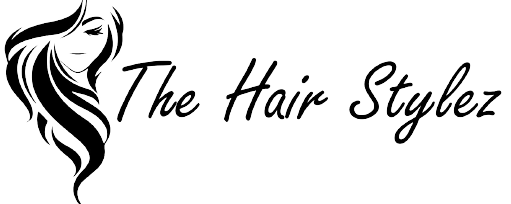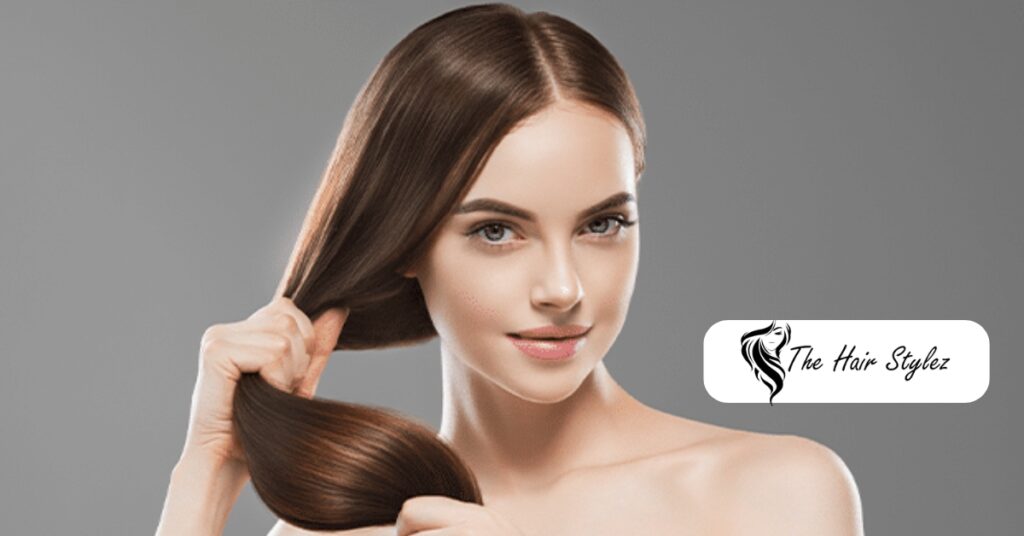Introduction
Interest in hair regrowth treatment is rising as more people look for solutions to baldness and thinning hair. This article will examine several hair regrowth remedies, their efficacy, and your options for encouraging healthy growth. Hair regrowth treatments help by stimulating hair follicles, boosting blood circulation, and supplying essential nutrients to promote hair growth.
Causes of Hair Loss
Before finding hair regrowth treatment, it’s essential to understand what causes hair loss. Common factors include:
- Genetics (androgenetic alopecia)
- Hormonal changes
- Medical conditions
- Certain medications
- Stress
- Nutritional deficiencies
- Aggressive hair styling
Recognizing these causes can help you choose the most effective hair regrowth treatment.
The Hair Growth Cycle
Hair growth happens in three stages:
- Anagen (growth phase)
- Catagen (transition phase)
- Telogen (resting phase)
Hair regrowth treatment extends the anagen phase and activates dormant hair follicles.
Top 5 Hair Regrowth Treatments
Minoxidil (Rogaine)
The popular over-the-counter medication minoxidil is a well-known hair regrowth treatment for its capacity to promote growth.
Benefits
- encourages the growth of hair in both men and women
- Simple to use and not need a prescription
Risks
- might irritate the scalp
- needs regular use to have long-lasting effects.
By inhibiting DHT, the oral drug finasteride helps stop hair loss.
Benefits
- beneficial for balding in men
- can encourage hair growth and reduce hair loss
Risks
- Unsuitable for females
- Lower libido and erectile dysfunction are possible adverse effects.
Low-Level Laser Therapy (LT)
To stimulate hair follicles and encourage hair growth, LLLT uses laser instruments.
Benefits
- Painless and non-invasive
- able to be applied in conjunction with other therapies
Risks
- Needs regular sessions
- Results may vary among individuals
Platelet-Rich Plasma (PRP) Therapy
Platelet-rich plasma (PRP) from your blood is injected into the scalp during PRP therapy to promote hair growth.
Benefits
Natural therapy utilizing the growth elements produced by your body
can increase the density and thickness of hair
Risks
Many sessions are needed
Can be costly
Hair Transplantation
Hair transplant surgery involves moving hair follicles from one body part to the thinning or balding areas.

Benefits
Permanent hair removal treatment solution for hair loss
Natural-looking results
Risks
Risks associated with a surgical procedure
Expensive
Finding the Right Permanent hair removal treatment
- When selecting a hair regrowth treatment:
- Talk to a dermatologist or trichologist
- Think about what might be causing your hair loss
- Check for any possible side effects
- Consider how much time and money you can invest
- Be patient—results usually take a few months to show
- Depending on the stage of hair loss, different therapies work well
- Take into account your financial situation, as specific therapies may be costly
- Select a course of therapy based on your schedule and degree of dedication
- To make sure the treatment is safe for you, speak with a healthcare professional
The Future of Hair Regrowth Treatment
New treatments are looking promising:
- Stem cell therapy
- Gene therapy
- 3D-printed hair follicles
These advances might provide more effective and tailored solutions in the future.
Conclusion
Hair regrowth treatment has advanced significantly, giving hope to hair loss patients. By exploring your options and consulting with healthcare professionals, you can create a plan to fight hair loss and encourage regrowth. Remember, staying consistent and being patient are essential for the best results.
FAQs About Hair Regrowth Treatment
Q: Can diet affect hair regrowth?
- a balanced diet rich in vitamins and minerals can support hair health and regrowth.
Q: How long does it take to see results from hair regrowth treatment?
- Results can vary, but most treatments require at least 3 to 6 months of consistent use to see noticeable improvements.
Q: Are natural remedies effective for hair regrowth?
- Some natural remedies, such as essential oils and herbal supplements, may support hair health, but their effectiveness varies.

